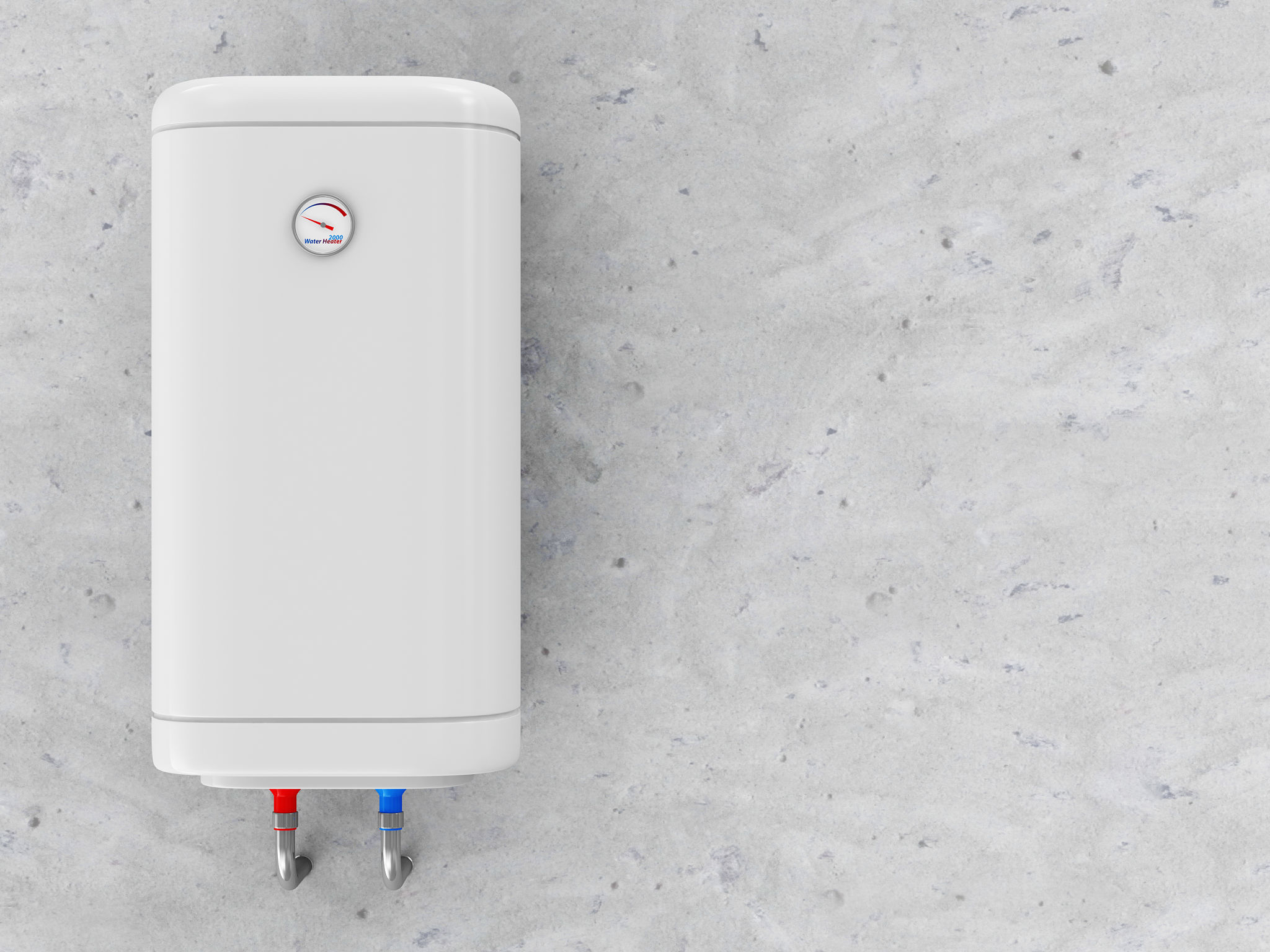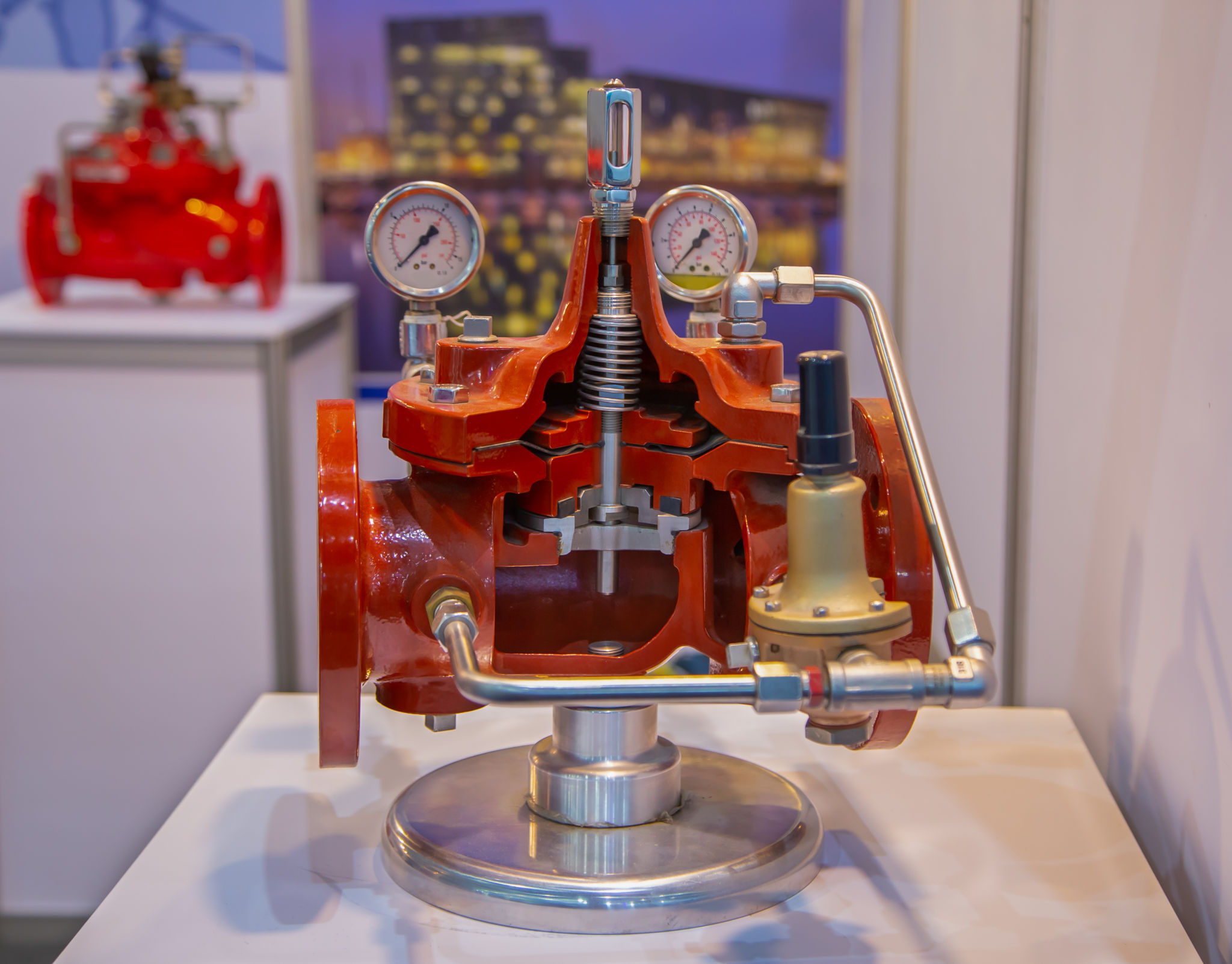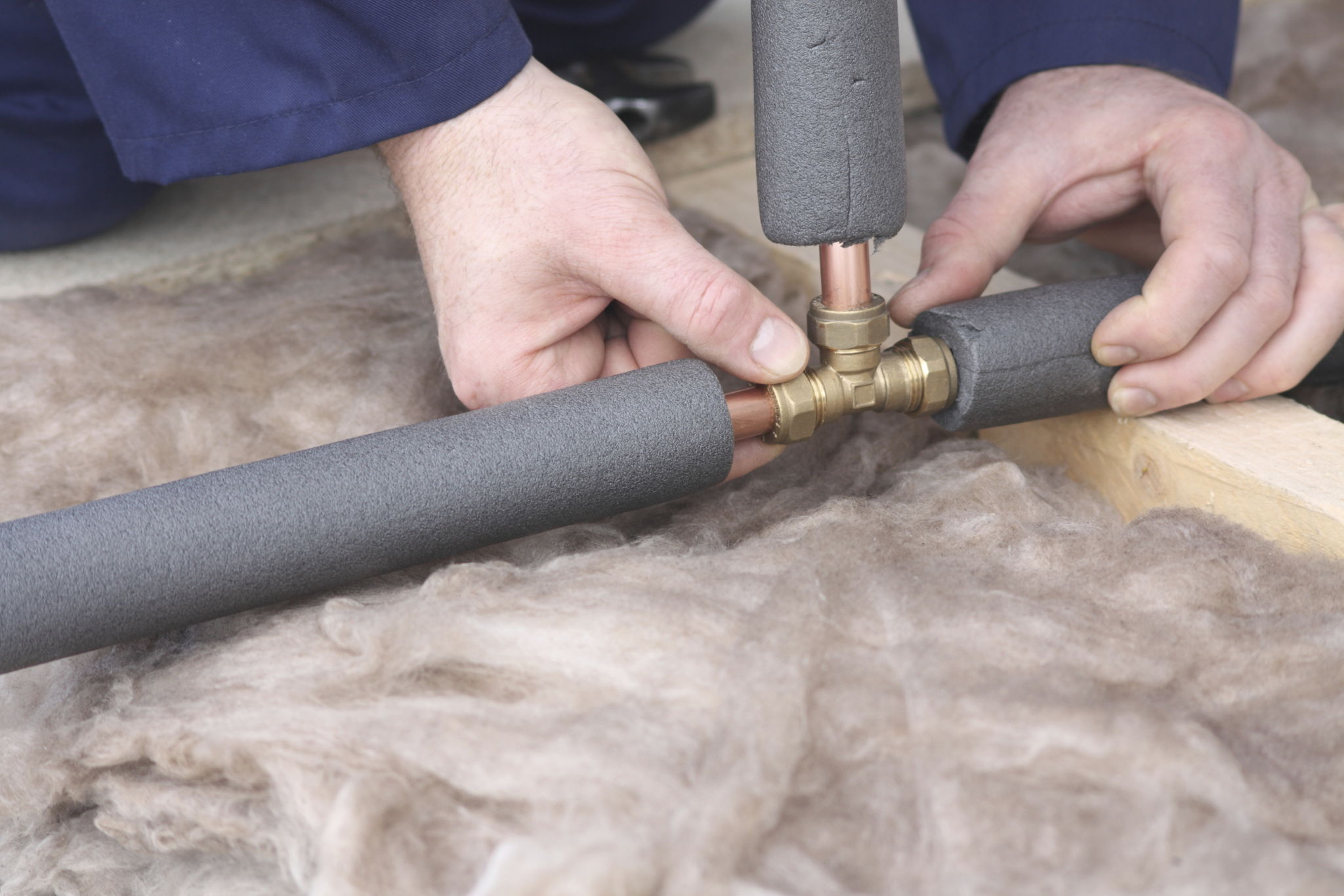How to Maintain Your Hot Water System for Optimal Performance
Understanding Your Hot Water System
A hot water system is an essential component of any household, providing the warmth and comfort needed for everyday tasks. To ensure optimal performance, it's crucial to regularly maintain your system. This not only extends its lifespan but also improves energy efficiency, ultimately saving you money in the long run.
Regular maintenance involves a few straightforward steps that can be carried out without professional assistance. However, for more complex issues, it's advisable to consult a professional technician. Below are some key tips and practices to help you maintain your hot water system effectively.

Regular Inspection and Cleaning
One of the simplest ways to maintain your hot water system is through regular inspection and cleaning. Check for any visible signs of wear and tear, such as rust or leaks around the tank. It's also important to clean the tank periodically to prevent sediment build-up, which can affect the efficiency of the system. Sediment can insulate the water from the heating element, leading to longer heating times and increased energy consumption.
To clean the tank, first turn off the power supply and then drain the tank completely. Flush it with water to remove any lingering sediment. This process should be done at least once a year to keep your system running smoothly.
Check the Pressure Relief Valve
The pressure relief valve is a critical safety feature of your hot water system. It helps to release excess pressure from the tank, preventing potential explosions. Testing this valve should be part of your routine maintenance checks. Simply lift the valve and allow some water to flow out. If the valve doesn't release water when lifted, it may need replacing.

Monitoring Water Temperature
Setting the correct water temperature is vital for both safety and energy efficiency. The recommended setting is typically around 120 degrees Fahrenheit (49 degrees Celsius). This temperature is hot enough to prevent bacterial growth while avoiding scalding accidents and unnecessary energy usage.
If you notice that your water is consistently too hot or too cold, it may indicate a problem with the thermostat or heating element. Adjusting or replacing these components might be necessary to restore optimal performance.
Insulating Pipes and Tanks
Proper insulation of pipes and tanks can greatly enhance the efficiency of your hot water system. Insulation helps retain heat within the system, reducing the amount of energy needed to maintain desired water temperatures. This is especially beneficial during colder months when heat loss is more pronounced.

Schedule Professional Maintenance
While many maintenance tasks can be performed by homeowners, it's wise to schedule a professional inspection at least once every two years. A qualified technician can identify potential issues that may not be visible to the untrained eye. They can also provide a thorough cleaning and make necessary adjustments or repairs.
By following these guidelines and committing to regular maintenance, you can ensure your hot water system operates efficiently and reliably for years to come. Prioritizing maintenance not only enhances performance but also provides peace of mind, knowing that your system is safe and efficient.
